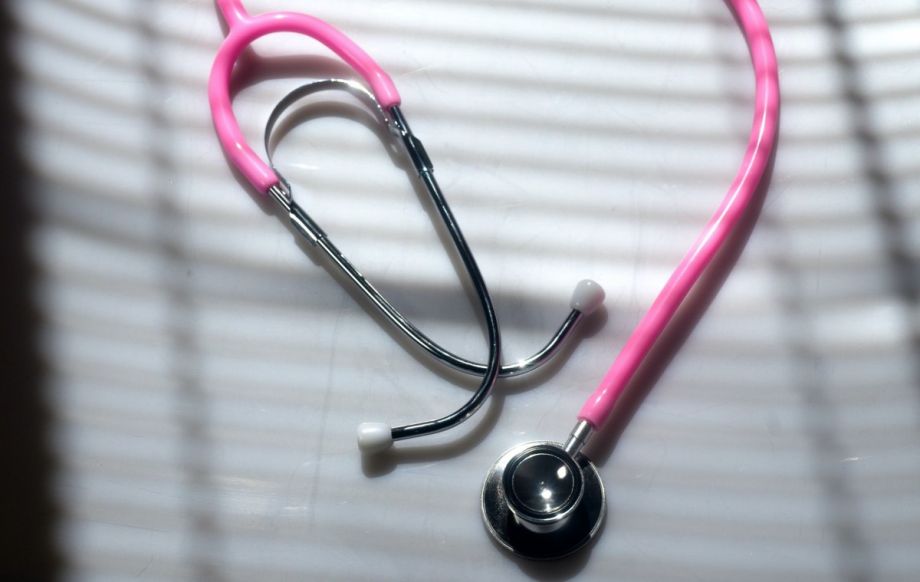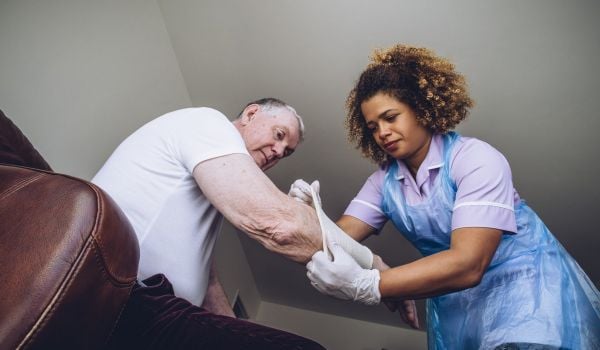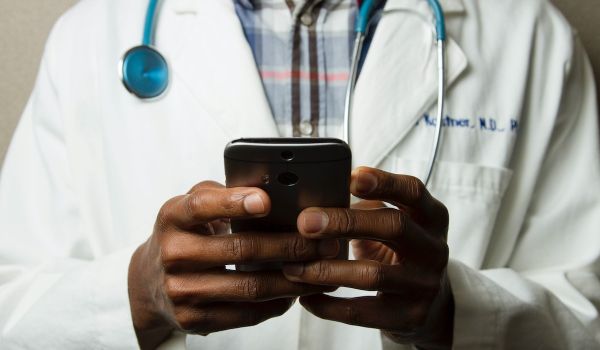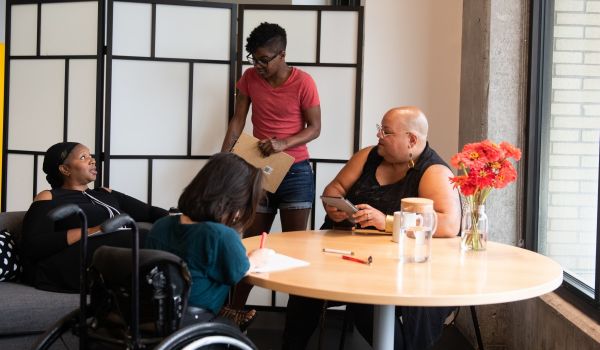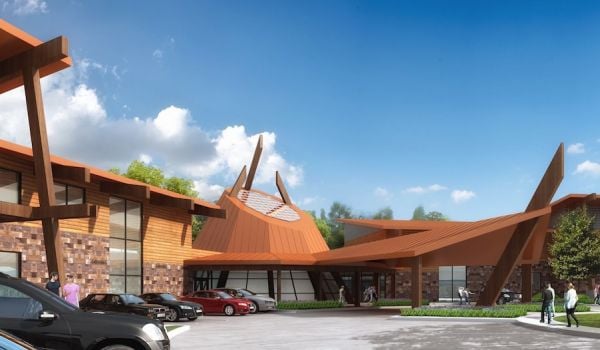Alison Lopez and her husband were driving in a suburb north of Tulsa, Oklahoma, when Lopez noticed her 3-year-old daughter had a blister on her finger that had opened up, turning red and starting to swell.
Lopez, a nurse, knew she needed to seek treatment for her daughter. The family headed to a nearby urgent care clinic called MedWise, a new venture from ubiquitous convenience store chain QuikTrip. Headquartered in Tulsa, QuikTrip now operates a handful of healthcare clinics in the Tulsa metropolitan area. MedWise offers preventative and urgent care treatment.
Lopez says when they arrived at the clinic, it was full, but when she explained that her needs involved a possible infection involving her 3-year-old daughter, the woman doing check-in spoke to the doctor and went ahead and saw them.
Lopez’s daughter was treated with an ointment on site and had her finger wrapped before getting a prescription for antibiotics, she says.
“We weren’t even there, probably, a total of maybe an hour, hour and 15 minutes,” Lopez says.
Officials with QuikTrip, who pride themselves on friendly and fast customer service at the more than 750 stores across the U.S., are seeing if they are able to translate that efficiency into the healthcare industry.
QuikTrip ultimately plans to open up 15 MedWise clinics in the Tulsa metro area.
In a video MedWise posted to its Facebook page, MedWise Chief Medical Officer Patrick Aguilar said that the locations were selected based off data from the Equality Indicators Report. Since 2017, the report has been released annually in Tulsa in an effort to identify inequalities, to measure their impact, and to track progress in reducing or eliminating them.
“We’re really committed to making sure we put MedWise Urgent Cares in locations that are convenient and accessible for all the people who need us,” Aguilar said in the video.
Aisha Jefferson-Smith, spokesperson for QuikTrip, declined to answer specific questions, but provided a statement about MedWise clinics from Aguilar: “We are excited to be a part of providing healthcare to the Tulsa community and look forward to continued growth. Since opening, but especially over the past month, our teams have had the privilege of caring for a large number of patients. From COVID testing to caring for the basic illnesses of everyday life, we’ve been honored by the trust the community has placed in MedWise. We look forward to the future and are excited to be a resource for patients who need to be seen promptly but don’t need a visit to the emergency department.”
QuikTrip isn’t the only chain looking to increase its footprint in the healthcare industry. In July, Dollar General announced that it would increase the amount of cough and cold, dental, nutritional, medical, health aids, and feminine hygiene products in its more than 17,000 stores. It also announced the appointment of a chief medical officer. The company said Albert Wu will help develop Dollar General’s new healthcare services, which will ultimately include telemedicine and prescription medicine pickups.
Steven Merahn is a physician who wrote a book on reforming the U.S. healthcare industry. Merahn says that anything that makes healthcare more accessible — such as QuikTrip offering urgent care services — is a good thing.
However, he adds, there are two big risks associated with the growth of urgent care in any community: Disruption of continuity of care with existing primary care providers and fragmentation of care for those individuals with chronic illnesses, which are especially prevalent in underserved and economically disadvantaged communities.
The move to expand to healthcare products is going to chip away at market demand for full-service pharmacies and grocery-based pharmacies, says Kennedy Smith, a senior researcher with the Institute for Local Self-Reliance. And Smith says, “Dollar store staff simply do not have the medical or pharmaceutical training and expertise to provide customers with responsible guidance in choosing over-the-counter medicine and medical supplies.”
Merahn says QuikTrip should make an effort to ensure coordination of care and sharing data with providers and healthcare systems for the patients seeking urgent care.
At the same time, QuikTrip needs to make itself part of the broader healthcare community and support referrals to primary care and specialist providers for those patients who need chronic condition management, or those who use urgent care as their primary source of care, Merahn says.
He adds that chain stores have an understanding of the “tactile” experience of service — efficiency, consistency, availability, responsiveness, convenience — that is sometimes not well understood in traditional healthcare organizations.
“We could all do well by bringing some of those skills to healthcare delivery,” he says. “If they can apply the same discipline to the emotive aspects of care — dignity, empathy, sincerity, urgency — it could bring some value to the community of service, especially if their commitment to healthcare is wrapped in an equal commitment to health equity.”
Lopez, the nurse, sees how the QuikTrip brand could translate to other industries.
“You always get customer service at QuikTrip and they have good products,” she says. “It makes sense to venture out into other fields and then if you can put that type of quick service but good service into healthcare, I think that’s what is needed.”
EDITOR’S NOTE: QuikTrip’s MedWise clinics statement was originally attributed to spokesperson Aisha Jefferson-Smith, at Jefferson-Smith’s request. Attribution was changed to MedWise Chief Medical Officer Patrick Aguilar per a follow-up request by Jefferson-Smith.
Kristi Eaton is a freelance journalist based in Tulsa, Oklahoma. Her work has appeared in The New York Times, The Associated Press, The Washington Post and elsewhere. Visit her website at KristiEaton.com or follow her on Twitter @KristiEaton.

